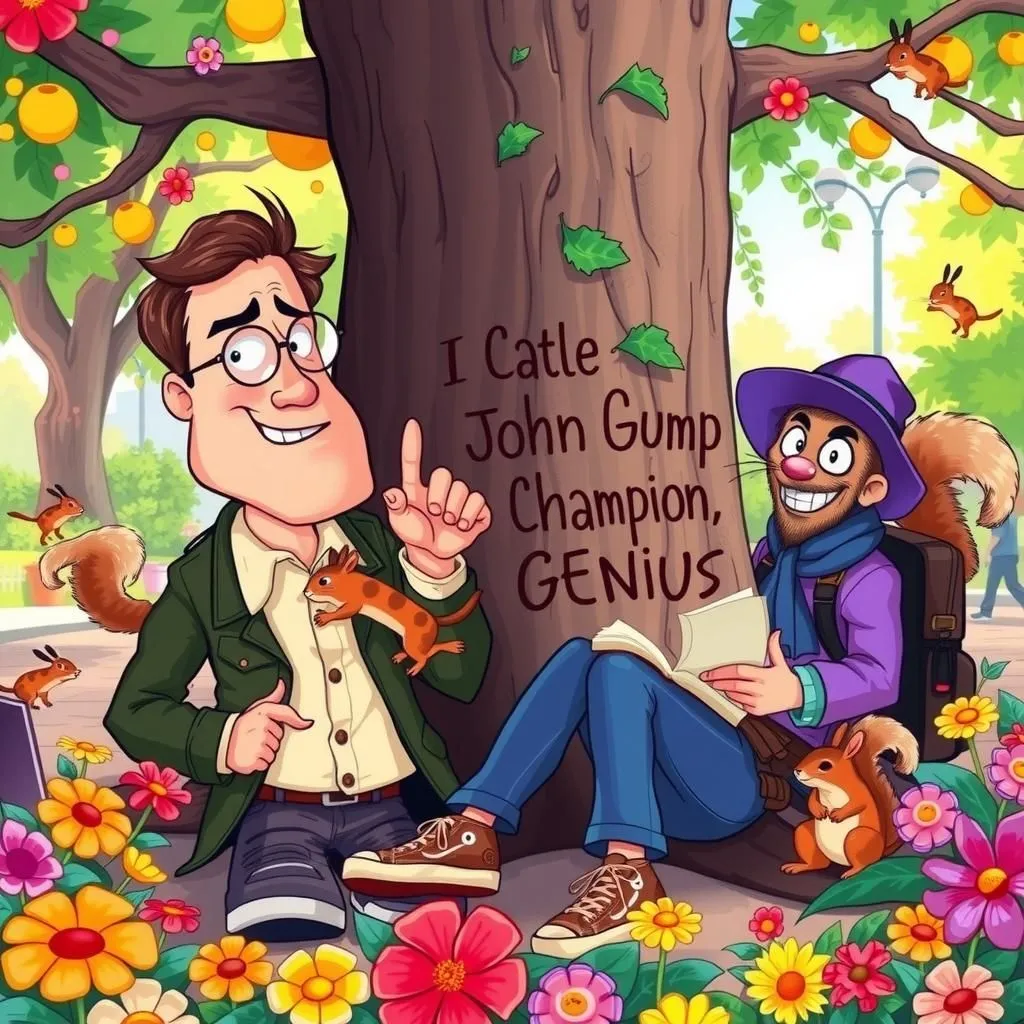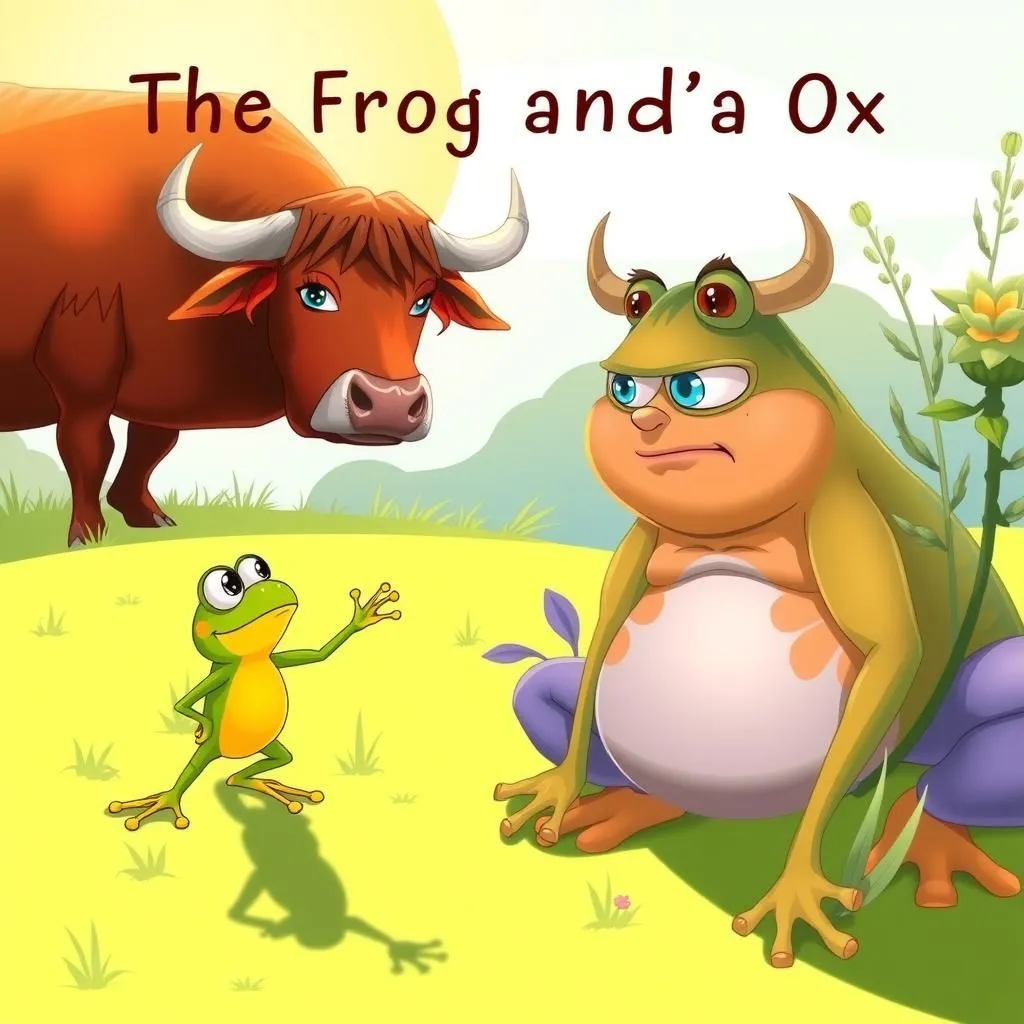
The Milk Woman and Her Pail
A farmer's daughter daydreams about the wealth she will gain from selling her milk and the lavish life that awaits her, filled with new clothes and suitors at Christmas parties. However, her fantasies come crashing down when she accidentally drops her milk pail, illustrating a valuable lesson in the storytelling with morals tradition: that one should not count their chickens before they hatch. This very short moral story serves as a reminder to stay grounded and not get lost in dreams of fortune.


